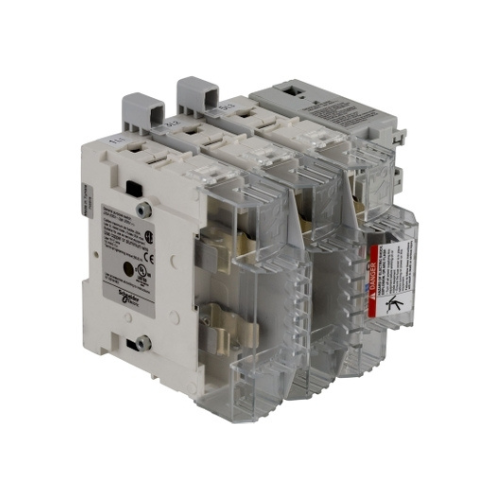In today’s interconnected world, reliable and uninterrupted power supply is critical for businesses, industries, and even households. Power disruptions can lead to significant financial losses, operational downtime, and safety hazards. This is where the role of robust and efficient electrical protection devices becomes paramount. Switch Fuse Units (SFUs) play a crucial role in ensuring the seamless control and protection of electrical circuits, minimizing downtime and enhancing overall system reliability.
What are Switch Fuse Units?
Switch Fuse Units are compact devices that combine the functions of a switch and a fuse in a single, integrated unit. They are designed to:
- Control Power Flow: SFUs allow for the manual switching of electrical circuits, enabling the isolation of specific loads or sections of the electrical system.
- Provide Overcurrent Protection: The integrated fuse element within the SFU acts as a protective device, quickly interrupting the power supply in case of an overcurrent condition such as a short circuit or overload. This protects connected equipment from damage and minimizes the risk of fire or electrical hazards.
Key Benefits of Using Switch Fuse Units:
- Enhanced Safety: By rapidly isolating faulty circuits, SFUs significantly enhance safety by minimizing the risk of electrical shocks, fires, and equipment damage.
- Improved Reliability: The fast-acting fuse element within the SFU helps to minimize downtime by quickly isolating faults, ensuring the continued operation of critical loads.
- Cost-Effectiveness: SFUs offer a cost-effective solution for circuit protection compared to more complex and expensive circuit breaker systems.
- Ease of Installation and Maintenance: SFUs are relatively easy to install and maintain, reducing installation time and maintenance costs.
- Space-Saving Design: Their compact design allows for efficient utilization of space within electrical panels.
Applications of Switch Fuse Units:
- Industrial Applications: Widely used in manufacturing plants, factories, and processing facilities for protecting motors, transformers, and other critical equipment.
- Commercial Buildings: Employed in commercial buildings to protect lighting circuits, HVAC systems, and other electrical equipment.
- Residential Applications: Used in residential settings for protecting household appliances and ensuring the safety of occupants.
- Utilities: Utilized in power distribution systems for protecting transformers, feeders, and other critical components.
Choosing the Right Switch Fuse Unit:
Selecting the appropriate SFU depends on several factors, including:
- Current Rating: The SFU must be rated to handle the maximum current that will flow through the circuit.
- Voltage Rating: The SFU must be suitable for the voltage level of the electrical system.
- Breaking Capacity: The SFU must have a sufficient breaking capacity to safely interrupt high fault currents.
- Application Requirements: The specific needs of the application, such as environmental conditions and space constraints, should be considered.
Conclusion: Switch Fuse Units are essential components in modern power systems, providing a reliable and cost-effective solution for circuit protection and control. By incorporating SFUs into their electrical installations, businesses, industries, and households can enhance safety, minimize downtime, and ensure the reliable operation of their critical equipment.


